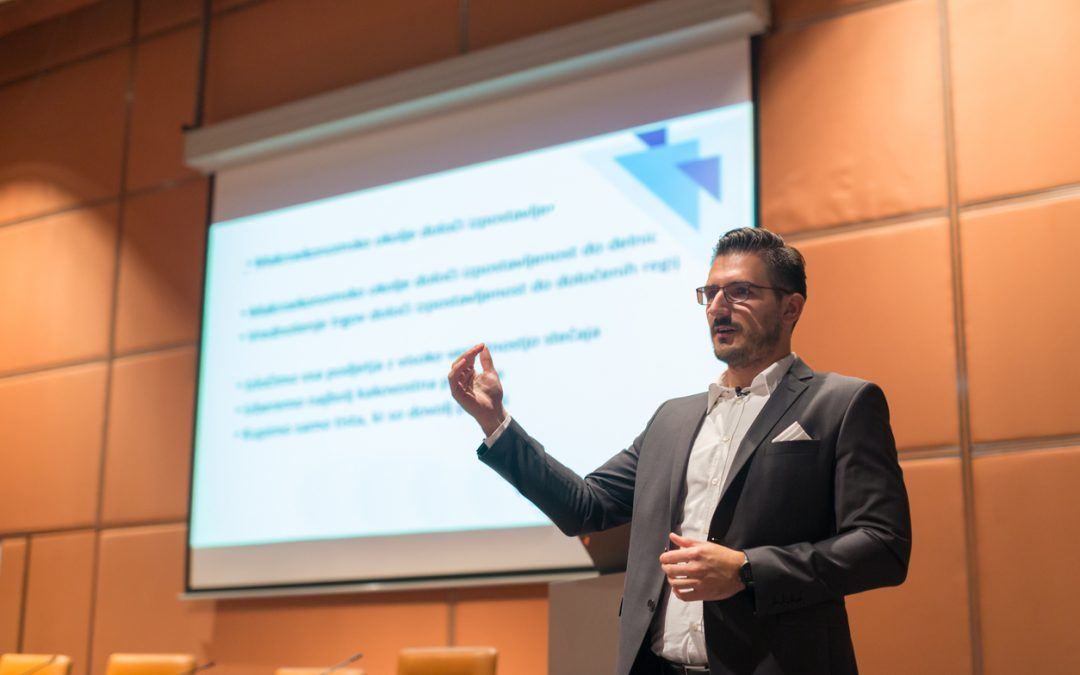3 Ways Virtual Training Can Help Reduce Your Carbon Footprint
Historically we have delivered 80% of our courses face to face but, like many businesses, we’ve had to adapt to new ways of working since the pandemic began. Virtual training has not only been the only way to continue to deliver our courses, we’ve also discovered another positive outcome – a huge reduction in our (and our clients’) carbon footprint!
No Travel
This month we were due to be delivering a large-scale training program to a Canadian organisation, to take place in offices in Toronto, Edmonton and Vancouver. We were preparing for a two-week trip of intensive face to face training, but lockdown came and, like many businesses, we had to adapt how we could deliver our training. So after much hard work (both by us and our wonderful client – WSP), we’ve been able to re-design our offering and are now able to provide a full training package for those same (in fact more) Canadian delegates, but all delivered virtually.
A by-product of this also meant we have been cutting back on ways we have impacted the environment. By simply moving our training online and negating the need for a number of flights, (both ourselves flying across the pond, plus client delegates flying internally), we have massively reduced our carbon footprint by 15.6 Tonnes Then consider the many combined car and taxi journeys to get us all to our destinations, and the total carbon emissions is likely to be in excess of 20 tonnes (You can check your businesses own carbon footprint by looking at the free website https://www.carbonfootprint.com
Save on Paper
We love a flip chart. It’s traditional, creative, visual and replaceable. But as we developed our Virtual Training, we realised we could still use highly engaging ways to train delegates, using digital whiteboards, animated slides, breakout rooms, and a number of other ways we can keep virtual training entertaining and effective. Instead of paper handouts, we can email PDFs, surveys and emails to keep in contact with delegates post training.
This move to virtual training helping us to go paper-less is important. Printing takes up an enormous amount of energy and carbon usage. For example, did you know that 500 printed sheets of the paper produce approx. 2.08kgs of CO2? According to Lexmark’s survey findings in Europe*, someone who works in an office uses an average of 10,000 printed pages per year, of which nearly 2,000 are not actually needed. The CO2 created from these unnecessary pages weighs almost 7.2kgs. When you also take into account things like training folders, handouts and printed PDFs etc, you can see that by comparison, Virtual Training mitigates all of this.
Reduced Food Wastage
Our virtual delegates will still need to eat and drink during a training session, but the amount of wasted resources is significantly less than attending a fully catered event. A study found that the UK wastes £13billion worth of food every year. When your learners only eat what they need his results in far less wastage.
*Lexmark International. (2006). Retail Topped European League of Paper Wasters

Our training is bespoke to each client – see our approach and how we can help your business grow.
#WorldEnvironmentDay
It just so happens that when we came to posting this blog we saw it was World Environment Day. As individuals, as well as in business, we believe we are all responsible for understanding how our actions impact on the environment and look to find ways to change, to do better.
This pandemic has shown that technology does works to bring people together with a far smaller carbon-footprint than planes, cars or trains can ever have. We must embrace this.

Cross-Selling e-learning
Our free e-Learning module for Cross-Selling (no selling required) is an interactive introduction to best practice.
This is an informative and well-presented 30-minute course.
Latest posts

BD Training: Why It Fails and What Really Works
Having spent many years training professionals on how to sell, we’ve learned what really works and what doesn’t. Here are some common barriers to successful business development (BD) training and strategies that truly make a difference....

Negotiation Mastery: A Guide for Technical Experts
In a world where securing strong commercial agreements is essential, negotiation is not merely a skill; it's a crucial component to winning the right kind of work, for the right fee, and on favourable terms! From securing bids to...

BD Training in Law Firms: Overcoming Barriers and Driving Effectiveness
In my two decades of training lawyers in the art of selling, I've witnessed both triumphs and pitfalls. Let’s dissect why traditional Business Development (BD) training often falls short and uncover what truly propels success in law...

You win some, You lose some, You decide!
In the competitive world of law firm business development, the adage "you win some, you lose some" rings truer than ever. It's a landscape where victories and setbacks often go hand in hand. But what separates the successful firms from...

Bridging the Gap: Legal Education vs Practical Business Development Skills
The legal profession is undergoing a transformative shift, and as law firms navigate the complexities of reduced client loyalty, greater pressure on fees and a fight for talent, the need to bridge the gap between traditional legal...






